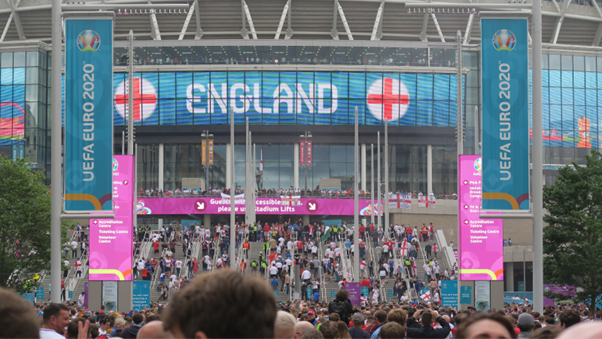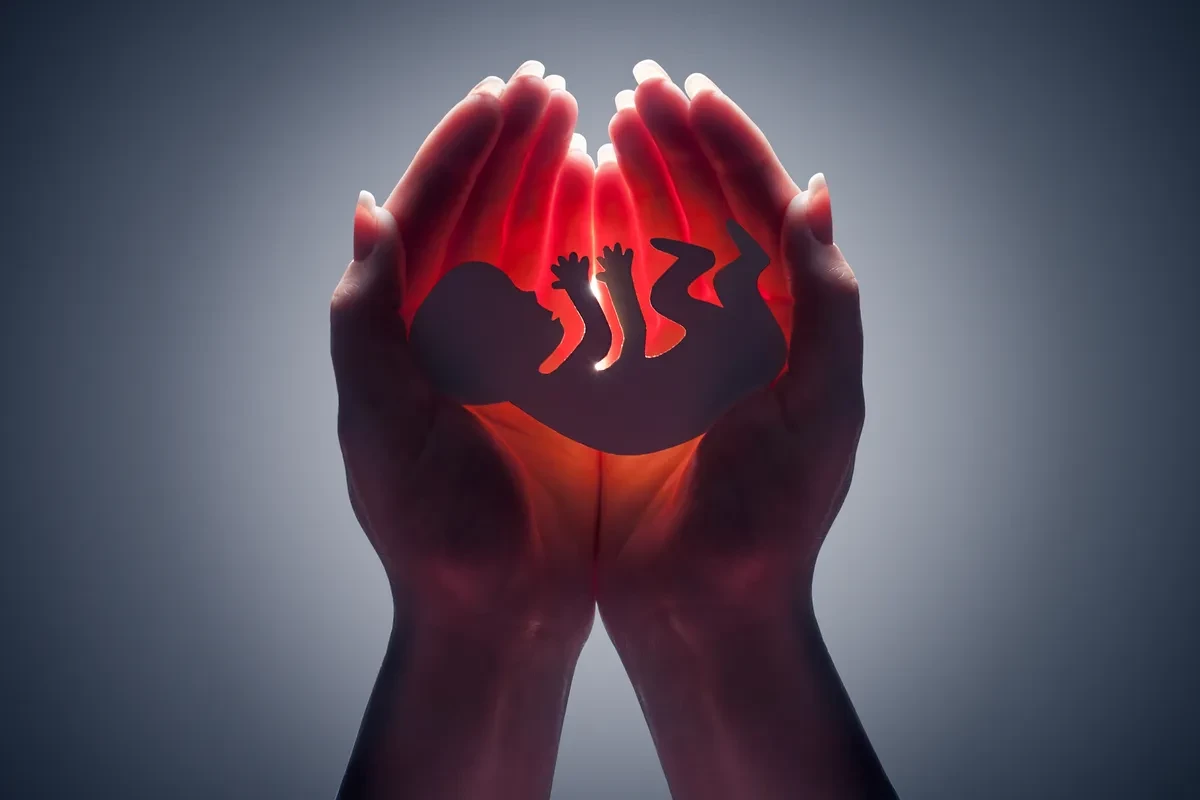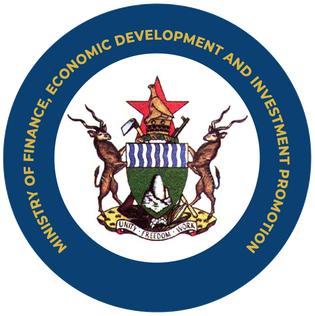
In the complex landscape of football, an interesting phenomenon is emerging: a gradual shift in the emotional engagement of players and spectators. Where national teams were once the very core of the soul of football, now the clubs seem to take over this emotional center.
Where does that leave the national teams and what does it mean for the fans' perception of what football is really about?
Geography of emotions: from national teams to clubsLionel Messi's long struggle to lift an international title with Argentina — coupled with his year-long triumphs in Barcelona — perfectly illustrates this transformation. His 2021 Copa América win came after decades of disappointments, in a career trajectory dominated by club successes that far exceeded his national achievements. This shows how international football still plays a role, but it also raises the question of whether the glamour and continuity of the club career overshadows the importance of the national team.
Cristiano Ronaldo represents a similar narrative. His Euro 2016 triumph with Portugal was almost overshadowed by his sustained club exploits at Real Madrid and Juventus. It raises a key question: have we moved into an era where club identity is more significant than national pride? While the sports competitions are live, sports fans these days can go through betway app download apk link and spice up the events on the field.
Media coverage and rivalryA major factor in this development is media coverage. The largest clubs have massive global fan bases and resources to market their brand year-round.
Club rivalries such as El Clásico (Barcelona vs Real Madrid) or North West Derby (Manchester United vs Liverpool) have achieved almost mythological status. These matches offer constant drama and often have greater economic and media importance than many international showdowns. It is obvious to think that this constant availability and intensity makes club football more appealing to today's fans.
The role of the economyEconomic factors also play a decisive role. Club football's huge cash flow has allowed the biggest teams to attract the world's best players and create spectacles that attract fans globally. This is not necessarily the case for national teams, where the talent pool is limited to the borders of the nation. The result is that national team matches often cannot compete with the level of intensity and entertainment that club football offers.
But money has also created distortions. Smaller nations find it difficult to compete on the international stage, while their players often achieve greater recognition by playing for large clubs. This can lead to a feeling that national team football is secondary to many players and fans.
- In Full: Nineteenth post-cabinet press briefing: July 05, 2022
- Muzarabani eager for Chevrons to qualify for Australia 2022
- R. Kelly sentenced to 30 years in sex trafficking case
- Cops Arrested For USD 10 Fraud
Keep Reading
Even if the trend is clear, it would be too simple to conclude that national pride is disappearing. International tournaments such as the World Cup and European Championship continue to create unique, collective moments of national excitement.
Research suggests that the process is more nuanced. Some experts believe that we see a parallel existence: club football as the daily emotional commitment, national tournaments as periodic culminations of patriotic pride.
National pride also plays an important role in the development of young players, especially in countries where the national team represents an opportunity to create hope and inspiration. Many African national teams, for example, have become symbols of national unity and optimism, despite challenges at club level.
The horizon of the futureWhat does this mean for the future of football? It is likely that club football will continue to dominate in the global conversation, but international football is likely to retain its particular appeal. With new initiatives like the expansion of the World Cup and a focus on strengthening smaller nations, national team football can revive some of its former glory.
A possible solution could be a better balance between the club's and the national team's calendars. Some experts believe that fewer but more meaningful international matches could restore the relevance of national team football. At the same time, increased support for national youth programs could ensure that national teams continue to develop talent that can compete at the highest level.
Closing wordsFootball is a living, breathing narrative of identity, community and human connectedness. Whether clubs take over the emotional dominance of national teams remains an open question.
What we can say for sure is that football's ability to create connections and narratives continues to fascinate us — whether those narratives unfold in national colours or club jerseys.










